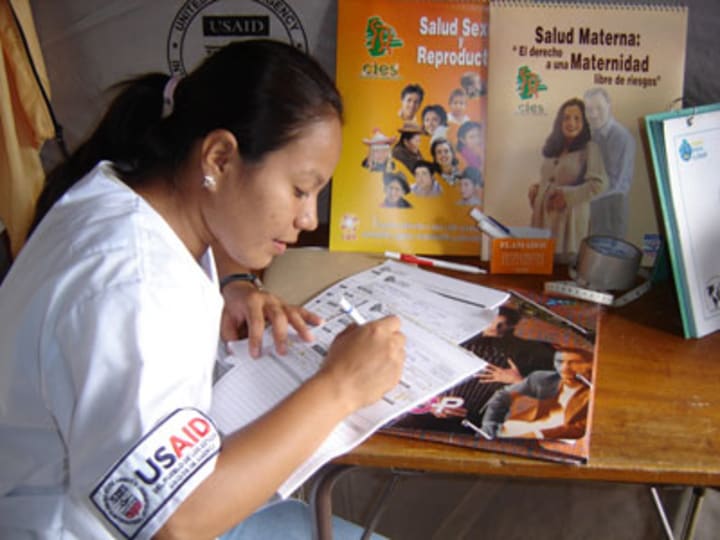
On May 1, Bolivian President Evo Morales announced that the U.S. Agency for International Development is out of his country. Just days later, implementers received the bad news.
At least two implementing partners, Abt Associates and local NGO Prosalud, confirmed to Devex that USAID had asked them to suspend all their existing projects.
Prosalud Executive Director Luis Fernandez told Devex that he will meet this week with USAID to iron out the closeout of his group’s two health projects.
“We need to show planning for the closeout of the project and I don’t know how many days or weeks or months we have to close the project,” Fernandez said.
In a written reply to Devex queries, Abt Associates said USAID had asked the company to “immediately suspend all programmatic activities in Bolivia.”
According to Prosalud’s Fernandez, his group received a notice sent by USAID a day after Morales alleged that USAID conspired against his leftist government.
The notice, he said, indicated that USAID had received an “official communication” from the Bolivian government and that the communication stated the aid agency is no longer working in the country.
Lifeblood
For Prosalud, closing the USAID mission in Bolivia means pulling out 150 staff members working on two USAID-funded projects and draining its financial resources.
USAID is Prosalud’s lifeblood.
Fernandez estimated that Prosalud gets about $80,000 a year from USAID for implementing two health projects. Every year, the nonprofit roughly needs $100,000 to pay for electricity, staff salary and other operating expenses, he added.
Prosalud has a three-year project with USAID to improve the reproductive health of Bolivian rural people. So far, it has received about $2.9 million in the past one and a half years. The $5 million project, which employs 45 people, is supposed to be completed in September 2014.
Prosalud also works with another organization to implement a five-year project meant to train public health workers in rural health units and clinics. Started in December 2011, the $40 million project has so far obtained $3 million.
The staff has yet to hear the bad news from Fernandez.
“We need to talk to them after we speak with the official donor,” he said. “It’s not easy to understand why USAID is out of the country…I need to close all the projects because that is [the intent of the] letter we received from USAID.”
He only hopes Prosalud can find other funding sources to continue the projects USAID has started.
“I believe that the most important is the people in my country,” Fernandez said. “We don’t need to worry about the political or religious problems.”
And that list of possible funding sources includes the Bolivian government. Currently, Prosalud works with the Ministry of Health on two projects.
“It’s possible. We have the possibility to work with the Ministry of Health. It’s possible working together,” Fernandez said. “I don’t have any problems. I need only money to improve the health system in my country.”
Even USAID hopes the Bolivian government continues funding the projects that it will leave in the country.
What now?
One of USAID’s biggest partners, Abt Associates works in Bolivia to help strengthen the local health system by tapping the private sector to improve health outcomes.
In a short reply, Abt informed Devex, “We will communicate additional information to staff there as it becomes available.”
Abt employs two Bolivians to oversee its project, Strengthening Health Outcomes through the Private Sector.
The five-year project, which is estimated to cost $95 million, is implemented in a number of countries, including Bolivia.
For this project, about $2.51 million was obligated on April 11 by USAID to Abt Associates, according to USAID filings. It is not clear from the filings how much would go to the local SHOPS project in Bolivia.
Through SHOPS, Abt supports the work of Prosalud.
Abt keeps tabs on the finances, develops monitoring and evaluation systems, and improves social marketing strategies of Prosalud. Just recently, Prosalud was able to negotiate with a generic company a competitive price for an oral contraceptive.
Read more development aid news online, and subscribe to The Development Newswire to receive top international development headlines from the world’s leading donors, news sources and opinion leaders — emailed to you FREE every business day.




